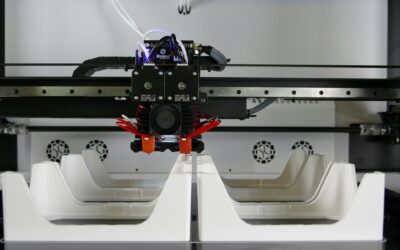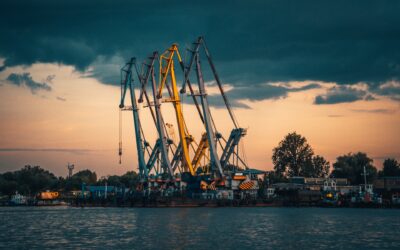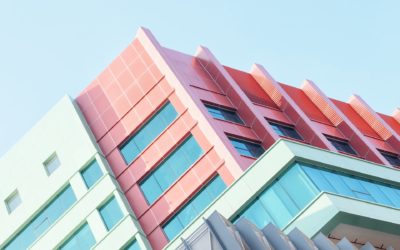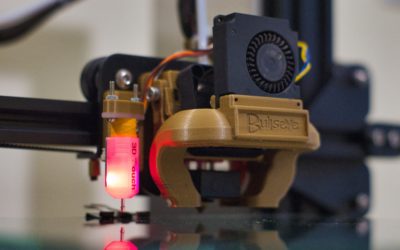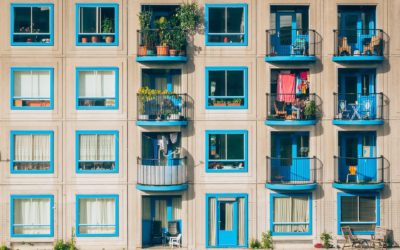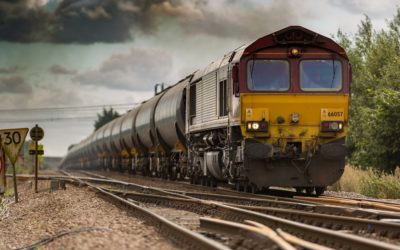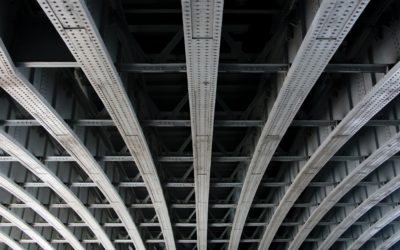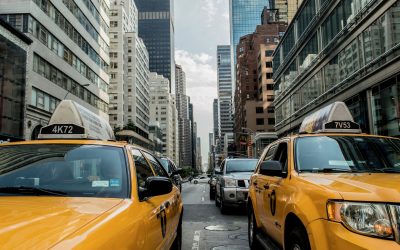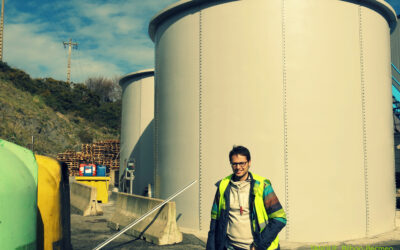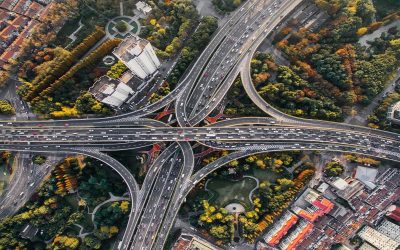CARTIF PROJECTS
REPARA 2.0
Technologies and methodologies that support infrastructure management and allow the rehabilitation and conservation of any type of road
Description
REPARA 2.0 aims to develop new technologies and methodologies that support infrastructure management and allow the rehabilitation and conservation of any type of road at a lower economic and environmental cost.
In REPARA 2.0, new recycled bituminous mixtures will be developed at rates of up to 100%, which are more sustainable and resilient, which mechanical performance is similar to hot mixes. This will be a world novelty.
Within the framework of the REPARA 2.0 project, technologies will be developed for new autonomous and wireless sensors, capable of recharging wirelessly, and transmitting, in real time, the state in which the pavement is in order to know what the moment is when preventive maintenance should be done.
Objectives
- Get new recycled bituminous mixtures.
- Analyze the impact of climate change on road infrastructure.
- Obtain new information acquisition systems based on IoT and BigData.
- Develop new sensor architectures for wireless power and communication sensors.
- Develop ACV and ACCV software for road rehabilitation projects.
- Obtain new recycled bituminous mixtures at rates of up to 100%.
- Achieve a methodology and design tools for the rehabilitation techniques developed.
Actions
- Development of new techniques for sustainable pavement rehabilitation.
- Resilience to climate change.
- Development of advanced instrumentation systems for monitoring the state of the pavement.
- Life cycle analysis.
- Development of regulations and pavements sizing software.
Expected results
- New advanced sensor systems in extreme road conditions.
- New BigData system for the processing of information on road conditions.
- Pavement deterioration model.
- Technology for wireless electric charging of sensors embedded in pavement.
- Technology for wireless communications of sensors embedded in pavement.
Partners:
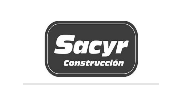
Networking
Infraestructures projects:
DIAMETER
In the DIAMETER project, the physical-experimental results of the 3D metal additive manufacturing processes will be contrasted with computational simulations, with the aim of predicting the behaviour of the parts under different modifications of the process.
CLEANPORTS
CARTIF Projects CLEANPORTSResearch of intelligent and sustainable nay solutions for the automation of logistics and advanced intermodal processes from por to last mile.DescriptionThe main objective of the project is to improve logistics processes for the complete...
INPERSO
INPERSO is a holistic project of deep renovation of buildings that address all its life cycle and combines industrialization and customization. INPERSO will integrate new technological components that joint with pre-manufacturing advantages, preintegration and 3D printing robotic will reduce drastically time and costs of the construction.
SESAMO
Design, configure, programme and adapt a system that facilitates and assists the user in their relationship with the cabinet doors.
Portable 3DPrinter
Portable 3D printer looks for the innovation in construction processes promoting the industrialization and customization of construction that 3D printing technologies provide.
Metabuilding Labs
To reach the COP21 goal of nearly-zero energy, zero emission buildings MBLabs Labs strives to unleash the innovation potential of the SMEs of the Construction sector by lowering the entry barriers to test innovative solutions in a network of testing facilities in RTOs and Living Labs in 13 countries
I-NERGY
The main objective of I-NERGY is to deliver an energy specific open modular frameork for supporting AI-on-demand in the energy sector.
I-NERGY contributes significantly to achieve a techno-economic optimal mangement of the EPES (Electric Power & Energy Services)
LIFE HUELLAS
LIFE-HUELLAS project looks for the enviroonmntal assessment of the life cycle of the rail transport to correctly assess its environmneta impact.
SORTI
The objective of the SORTI project is to develop optical systems based tools and new technologies to properly identifying, monitoring and managing of structural risks in buildings.
REZBUILD
The main objective of the REZBUILD project is to create a collaborative rehabilitation ecosystem, integrating innovative technologies, and focusing on the existing housing stock. The aim is to increase the annual rate of building renovation from the current 1% to try to reach 2.5%.
SALUS
SALUS project appears due to the lack of techniques able to detect geomembrane damages before these cause the rupture, and therefore, the environmental pollution
WTANK
development of a new tank of more than 2000m3 by means of a new production process called ‘flex moulding’ and materialised with fibreglass reinforced polymeric composite panels (FRP) for application in the wastewater treatment sector.
REHABCAR
El proyecto REHABCAR (REHABilitación de CARreteras y autopistas) desarrolló nuevas herramientas para la transformación de las carreteras y autovías existentes en infraestructuras económicamente sostenibles y de alta calidad para prolongar su vida útil y adaptarlas a las nuevas necesidades del tráfico.


